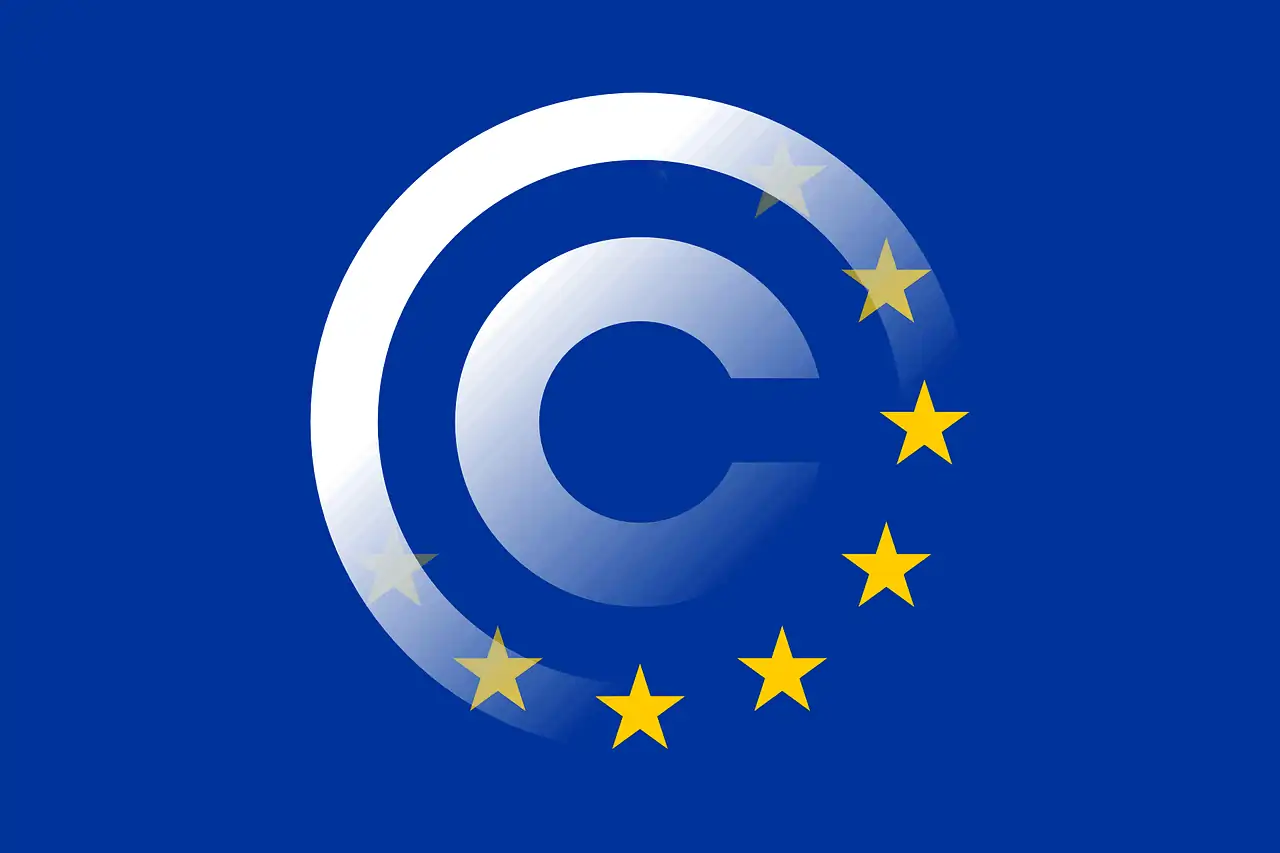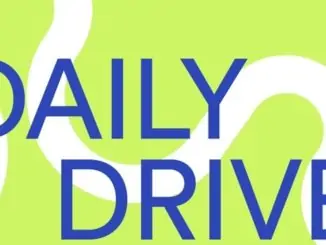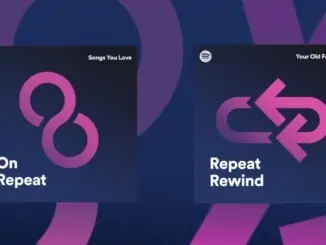
The European Parliament recently agreed new legislation on digital copyright rules which now await ratification by the EU’s member states. One particularly contentious part of the legislation is Article 13, ‘which holds internet companies directly responsible for any copyright infringement in the content shared on their platform’.
Wojcicki argues that, ‘The parliament’s approach is unrealistic in many cases because copyright owners often disagree over who owns what rights. If the owners cannot agree, it is impossible to expect the open platforms that host this content to make the correct rights decisions.’
She continues, ‘We have already taken steps to address copyright infringement by developing technology, like our Content ID programme, to help rights holders manage their copyrights and earn money automatically. More than 98% of copyright management on YouTube takes place through Content ID. To date, we have used the system to pay rights holders more than €2.5bn for third party use of their content. We believe Content ID provides the best solution for managing rights on a global scale.’
Wojcicki points out that YouTube has paid content owners across the EU €800m in the last year and more than €1.5bn globally from advert-generated revenue. She goes on to warn that EU residents are at risk of being cut off from videos that, in just the last month, they viewed more than 90bn times including more than 35m EU channels.
YouTube’s position is that it ‘shouldn’t be held directly liable for every single piece of content that a user uploads’ and asks ‘policymakers to find a solution that protects rights holders and creators alike, and listen to the growing number of EU voices, including some member countries, who agree there’s a better way forward.’
Record companies and other organisations take a rather different view to YouTube regarding copyright and point to the Value Gap between what revenue they receive from YouTube music videos by comparison to other digital and physical music distribution channels.




